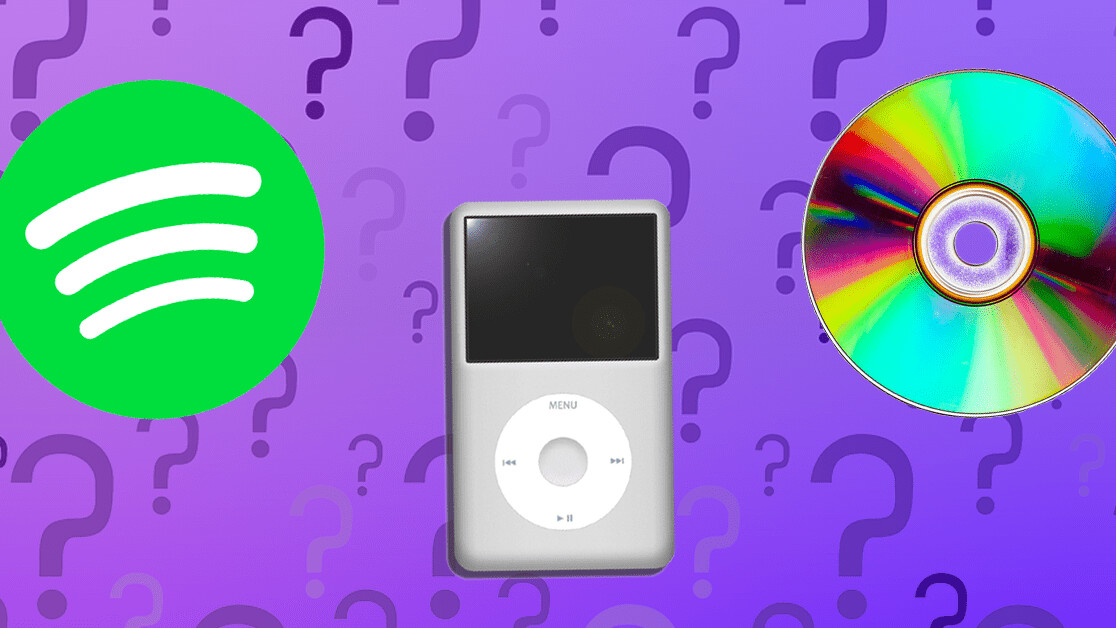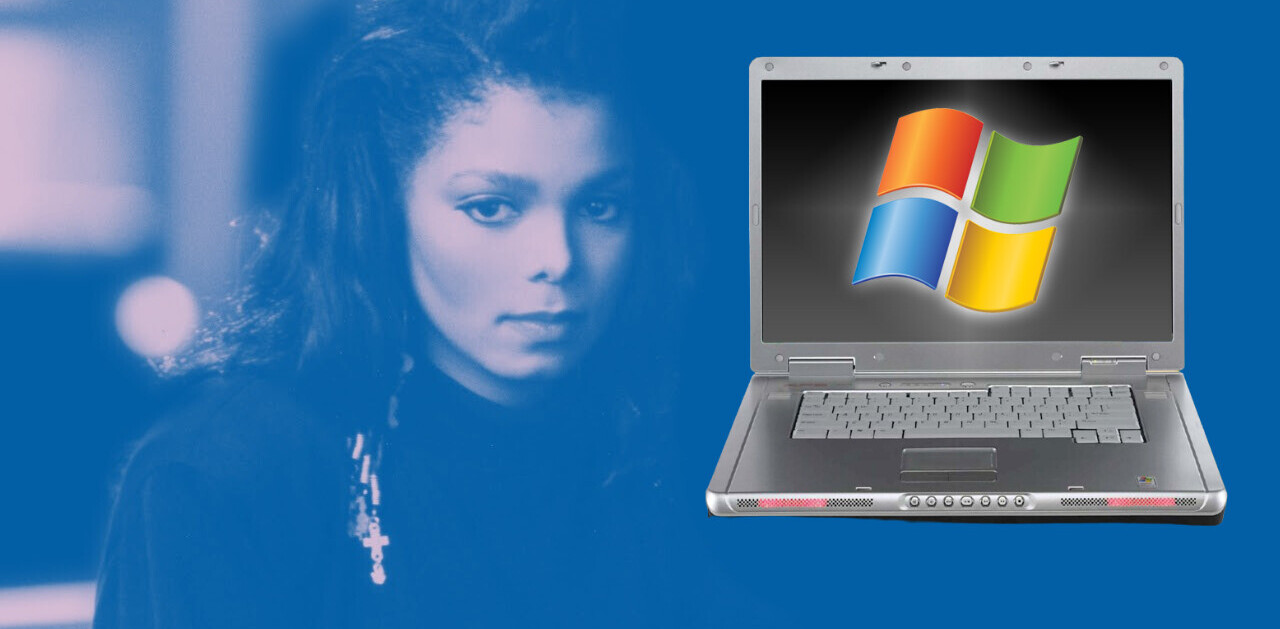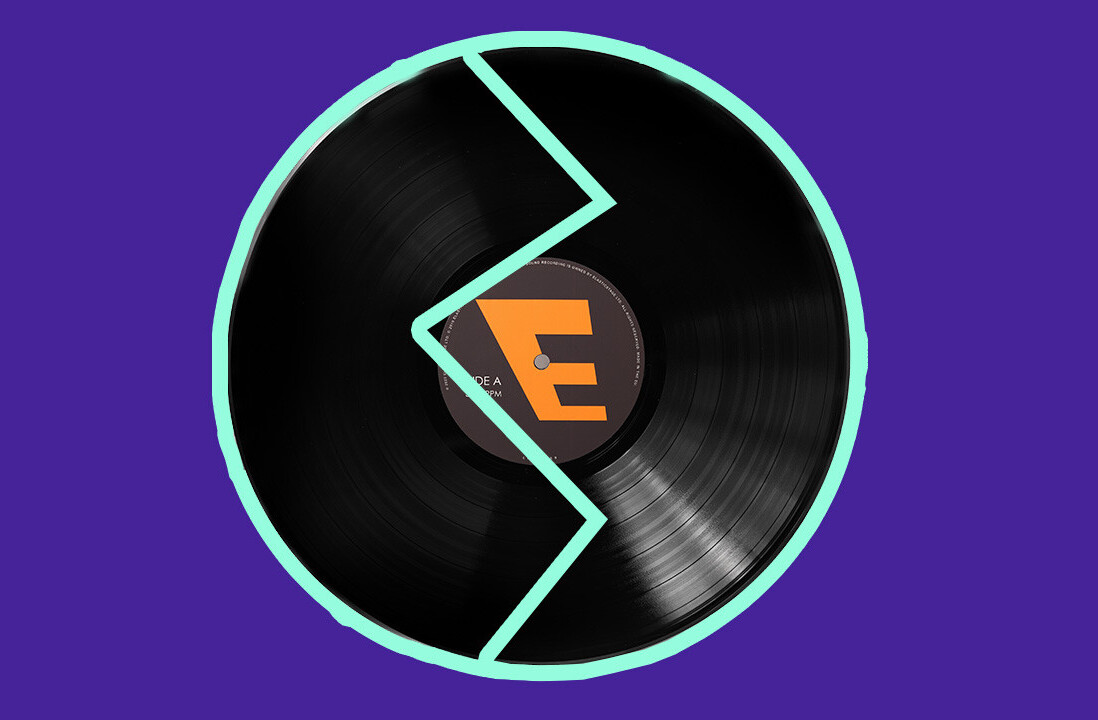
We’ve all listened to digital music, right? And that means you’ve probably heard of “bitrate” or come across files that have “kbps” at the end. Thing is… what does that mean? What the hell is bitrate? Well, we’re here to help you out.
In the simplest terms, bitrate is an expression of the amount of data a file produces each second.
For example, you may see something like “320kbps.” This literally means 320 kilobits per second, which is how much data is being produced. To make things easier, we’ve put this into a handy image for you:

How does bitrate impact music?
Here things get a little bit more complicated.
You’re most likely to see bitrate attached to lossy files, like MP3, OGG Vorbis, or AAC. We go into depth about what lossy and lossless files are here, but the key thing is that lossy files are compressed in a way where certain information is lost. On the other hand, Lossless files (like FLAC or WAV) retain all the audio information.
This is why lossless files are described with both sampling rate and bit depth, while lossy ones aren’t. But we don’t need to worry about that too much.
Now, bitrate can be attached to any music file, but as we mentioned earlier, it’s used more often for lossy files like MP3s. Taking this format as an example, the highest possibly bitrate is 320 kilobits per second.
But if we take a format like the humble CD? That has a bitrate of 1,411 kilobits per second, effectively 4.5 times the quality of the highest MP3.

There is a direct relationship betweeen bitrate and music quality — but it’s a little bit more complex than that.
We mentioned that MP3s are lossy files, meaning they’ve been compressed in a way that means certain bits of audio have been lost. But this is done in an intelligent way, taking advantage of psychoacoustic principles like as temporal and simultaneous masking.
In reality this means that although something like an MP3 has a far lower bitrate than a lossless file, it doesn’t sound that way. For example, using the image above, a 320kbps MP3 doesn’t sound 4.5 times worse than a CD track.
This image does a good job of summing up the impact bitrate has on recorded music:

At 128kbps, you’ll hear trebly registers (like hi-hats) sound a bit tinny. But the higher the bitrate of the lossy file is, the less difference you’ll hear from a non-compressed one.
If you’d like to read and explore all this a bit more, head over here.
Let’s sum everything up before we go though. Bitrate is an expression of how much data an audio file produces per second. And, the higher the bitrate, the higher the quality of music is — up to a point.
Happy hunting out there, people!
Get the TNW newsletter
Get the most important tech news in your inbox each week.




